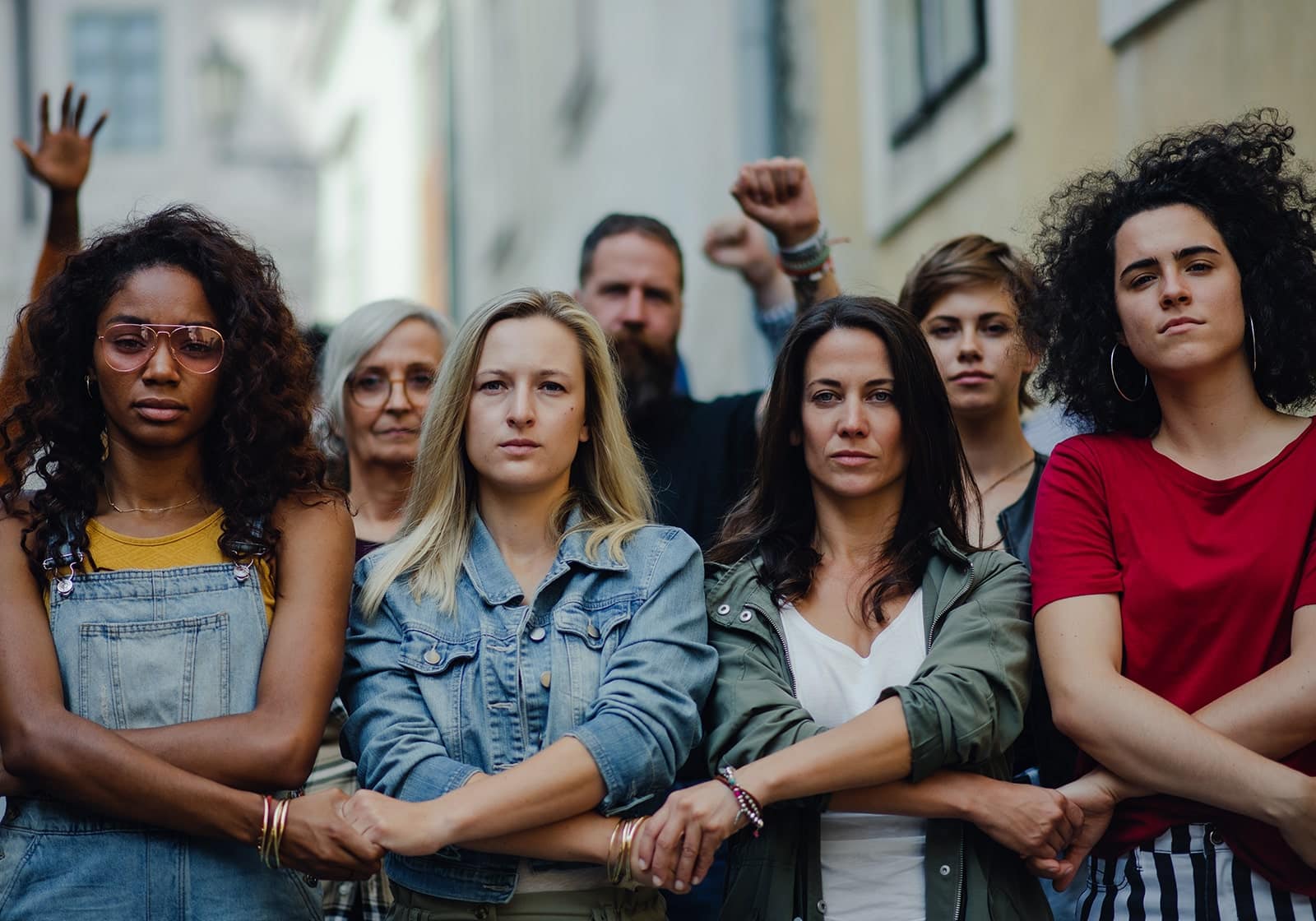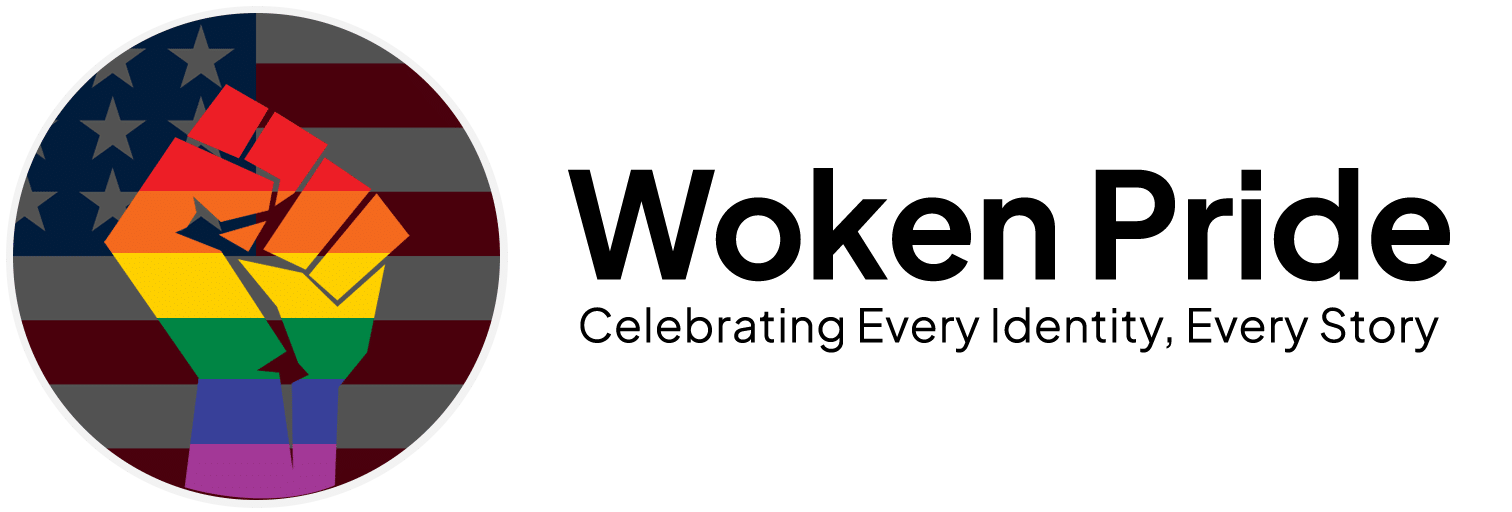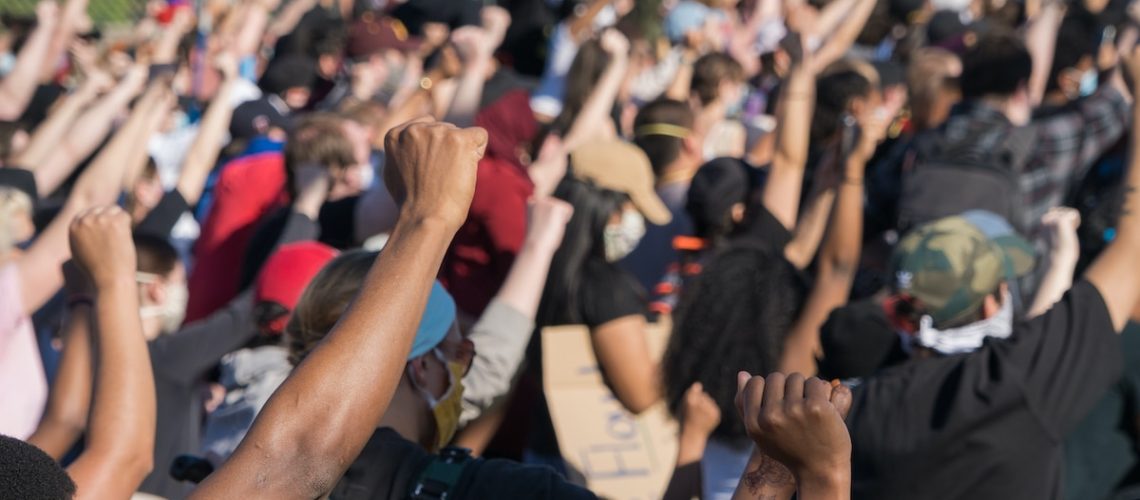Major U.S. companies nationwide are rolling back on their Diversity, Equity, and Inclusion (DEI) policies due to the conservative pressure created by one unlikely man named Robby Starbuck.
Origins and Purpose of DEI Programs

DEI stands for diversity, equity, and inclusion, and DEI policies were initially developed to help marginalized communities receive more support in the professional and educational world.
DEI programs can actually be traced back to the Civil Rights Movement and the Civil Rights Act of 1964, where employment discrimination was outlawed and the Equal Employment Opportunity Commission (EEOC) was created.
Over time, DEI initiatives have evolved and adapted to changing social pressures, with the largest growth seen after the death of George Floyd in 2020, which supposedly reignited corporate commitment to these principles.
However, companies like Wayfair, Meta, Tesla, and many other major American companies have significantly cut their DEI teams in recent years over the last six months.
Robby Starbuck’s Involvement
While conservative activists have long opposed such programs, Robby Starbuck, a vocal critic of DEI initiatives, self-described anti-woke activist, and former music video director, seems to be leading this charge to success in 2024.
Starbuck began his campaign against DEI policies in 2015 when he stopped directing music videos and followed his support for Donald Trump into political activism.
Starbuck has said that part of his strategy to combat DEI programs is by focusing on companies with a larger conservative customer base who may be rallied to boycott companies with policies they don’t agree with.
Starbuck has successfully influenced decisions to cut back on DEI programs in companies like Tractor Supply Company and Lowe’s Home Improvement.
Harley-Davidson Among Latest to Cut DEI Efforts
One of the most recent companies that Starbuck helped pressure to roll back on its DEI programs is Harley-Davidson, which is instead focusing on maintaining its “loyal riding community.”
“Harley customers live and breathe the company, they literally bury themselves in the brand. They have made great and important changes … but will it prevent further damage? No, bikers are hyper aware now,” Starbuck said.
Over time, Starbuck has been able to build a great deal of momentum in his campaign and is slowly pressuring more prominent and influential companies to pull back from their DEI efforts.
Ford Motor Co. Latest to Bow to Conservative Pressure
One of the most recent and largest companies to bow down to conservative pressure is Ford Motor Co., which made the announcement just last week in a company-wide email leaked by Robby Starbuck.
In the email, Ford CEO Jim Farley attempted to assure employees that the company is restructuring its DEI programs to be more respectful of the differing opinions of its employees and customers.
Farley’s email said, “We are mindful that our employees and customers hold a wide range of beliefs” and that they must adapt because “the external and legal environment related to political and social issues continues to evolve.”
Starbuck Claims Influence Over Ford’s Decision
After posting the email, Starbuck wrote, “We’re now forcing multibillion-dollar organizations to change their policies without even posting just from fear they have of being the next company that we expose.
However, there are still plenty of vocal critics who feel Starbuck’s efforts to end DEI programs are not only a step in the wrong direction for the company but the country as a whole.
HRC President Criticizes Ford’s Decision to Abandon DEI
“Today, Ford Motor Company abandoned its commitment to hundreds of thousands of employees by cowering to internet troll Robby Starbuck, and signaling that inclusion and other core values are no longer a priority in the workplace,” said HRC president Kelley Robinson.
Highlighting the effectiveness of Starbuck’s efforts, a recent Gallup and Bentley University survey revealed that public support for companies taking a public stance on social issues is slowly starting to wane.
The Gallup and Bentley University survey showed that less than 40% of U.S. adults now support companies taking political stances on social issues and prefer they leave politics to the politicians.

However, the survey also showed that certain communities still support companies making political stances on issues, like LGBTQ+ adults, Black adults, and Democrats.
Featured Image Credit: Shutterstock / Jonathan Weiss.
The images used are for illustrative purposes only and may not represent the actual people or places mentioned in the article.
- K. Leightyhttps://wokenpride.com/author/keegan-leighty/
- K. Leightyhttps://wokenpride.com/author/keegan-leighty/
- K. Leightyhttps://wokenpride.com/author/keegan-leighty/
- K. Leightyhttps://wokenpride.com/author/keegan-leighty/

